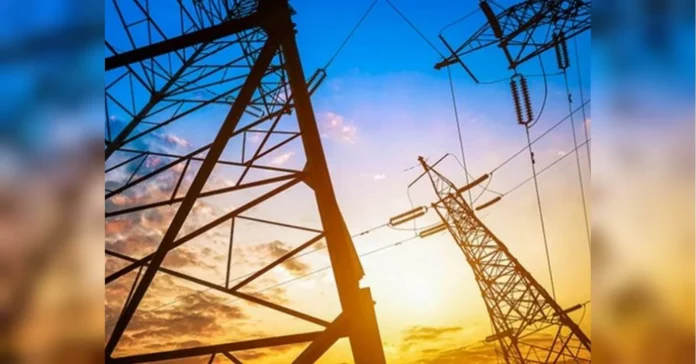Energy credit is a financial tool that allows individuals and organizations to invest in energy-efficient solutions for their homes or buildings. It is a type of loan that can be used to cover the costs of energy-saving projects, such as installing solar panels, upgrading insulation, or replacing old appliances with more energy-efficient ones. This not only helps to reduce energy consumption and save money on utility bills, but also contributes to a more sustainable future.
One of the great things about energy credit is that it is available for both individuals and housing cooperatives (known as OSMD in Russian). However, the terms and conditions for obtaining an energy credit may vary for these two groups. In this article, we will explore the differences between energy credit for individuals and for OSMD and how they can benefit from this financial tool.
For individuals, energy credit is a great way to make their homes more energy-efficient without having to pay for the entire project upfront. This is especially helpful for those who may not have the financial means to invest in energy-saving upgrades. With energy credit, individuals can borrow the necessary funds and pay them back over a certain period of time, usually with a low interest rate.
The process of obtaining an energy credit for individuals is relatively simple. First, they need to choose the energy-saving project they want to undertake and estimate the costs. Then, they can apply for an energy credit from a bank or other financial institution. The bank will evaluate their creditworthiness and the feasibility of the project before approving the loan. Once approved, the individual can start the project and repay the loan in monthly installments.
On the other hand, for OSMD, energy credit is a way to finance energy-saving projects for the entire building. This is a great opportunity for housing cooperatives to make their buildings more energy-efficient and reduce their overall energy costs. However, the process of obtaining an energy credit for OSMD may be more complex compared to individuals.
First, the housing cooperative needs to have a general meeting where the decision to take an energy credit is approved by the majority of members. Then, they need to choose a bank or financial institution that offers energy credit for OSMD and submit the necessary documents, such as the decision of the general meeting and the project plan. The bank will evaluate the financial stability of the housing cooperative and the feasibility of the project before approving the loan.
One of the main differences between energy credit for individuals and for OSMD is the interest rate. Generally, the interest rate for OSMD is lower compared to individuals as the risk for the bank is lower when lending to a group rather than an individual. This makes energy credit even more attractive for housing cooperatives as they can save even more on their energy costs.
Moreover, for OSMD, the repayment period for energy credit may be longer compared to individuals. This is because housing cooperatives may not have the financial means to repay the loan in a shorter period of time. A longer repayment period also means lower monthly installments, making it easier for the housing cooperative to manage their finances.
In addition, there may be certain requirements for housing cooperatives to meet in order to be eligible for energy credit. For example, they may need to have a certain amount of members or a certain level of energy consumption to qualify for the loan. This is to ensure that the energy-saving project will have a significant impact on the building’s energy efficiency and overall energy costs.
In conclusion, energy credit is a great financial tool for both individuals and housing cooperatives to invest in energy-efficient solutions. While the process of obtaining an energy credit may differ for these two groups, the benefits are the same – reduced energy costs and a more sustainable future. So whether you are an individual looking to make your home more energy-efficient or a housing cooperative wanting to improve your building’s energy efficiency, energy credit is a great option to consider.

